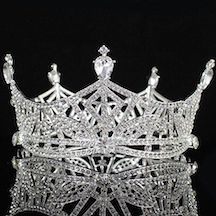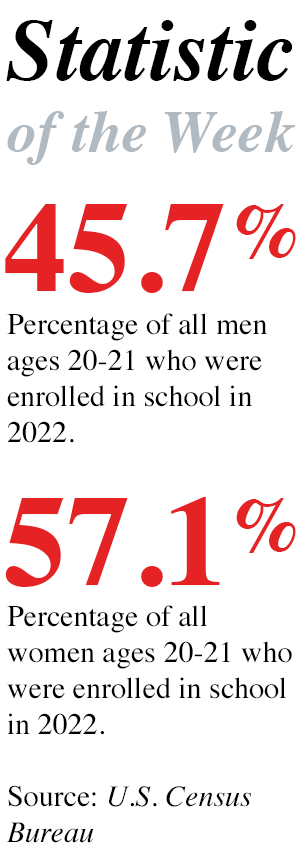Study Finds Beauty Pageants Can Foster Unhealthy Behaviors in Teenage Girls in Winners’ States
Posted on Jun 07, 2023 | Comments 0
 A new study by researchers at the University of Massachusetts Amherst and Vanderbilt University in Nashville finds evidence that media-driven social comparisons play an important role in shaping preferences and altering health behaviors, particularly among young women and girls.
A new study by researchers at the University of Massachusetts Amherst and Vanderbilt University in Nashville finds evidence that media-driven social comparisons play an important role in shaping preferences and altering health behaviors, particularly among young women and girls.
Researchers examined which states won the Miss America and Miss USA pageants during the 1990s and early 2000s. They found that winning states experienced increases in pageant-related media coverage and Google searches following the competition, compared with non-winning states. Using data from the Behavioral Risk Factor Surveillance System and the Youth Risk Behavior Surveys, the researchers then found that teenage girls and young women in states with pageant wins were more likely to report that they were trying to lose weight and that non-overweight teen girls were more likely to describe themselves as overweight.
Pageant-aged women were nearly 5 percent more likely to report that they were trying to lose weight and teen girls were 4 percent less likely to hold accurate views of their body types, instead describing themselves as heavier than indicated by their body mass index. The research also shows that teen girls were 5 percent more likely to report exercising to lose or maintain their weight and 6 percent more likely to report calorie-limiting behaviors.
Similar changes were not detected for teen boys, young men, or older women for whom social comparisons were less likely.
While the research focuses on temporary shocks to local beauty norms and does not address the consequences of prolonged and repeated exposure to thin-ideal imagery, the authors conclude that near-constant exposure to similar content may be even more harmful.
“We need to be a little more aware of how media is shaping our views of ourselves, our views of other people, and our views of what is and what is not acceptable — be it health behaviors or otherwise,” said Brandyn Churchill, an assistant professor of resource economics at the University of Massachusetts and a co-author of the study.
The study, “There She Is, Your Ideal: Negative Social Comparisons and Health Behaviors,” is a working paper of the National Bureau of Economics Research and will appear in an upcoming issue of the journal Human Behavior. It may be accessed here.
Filed Under: Research/Study








